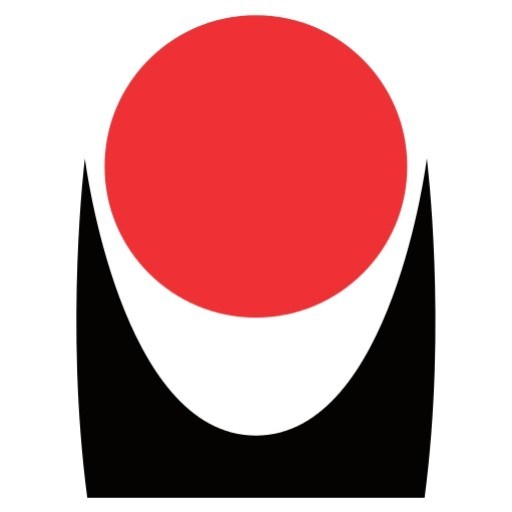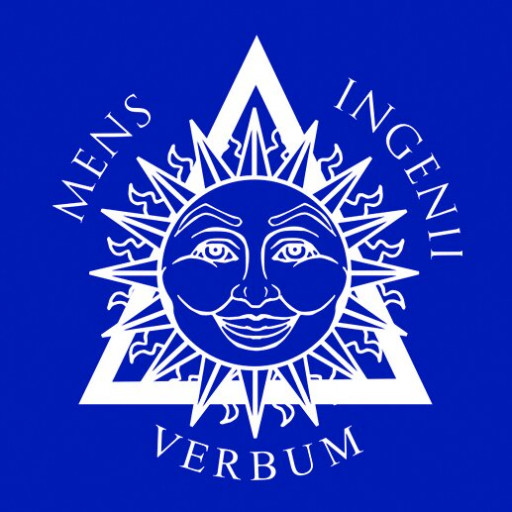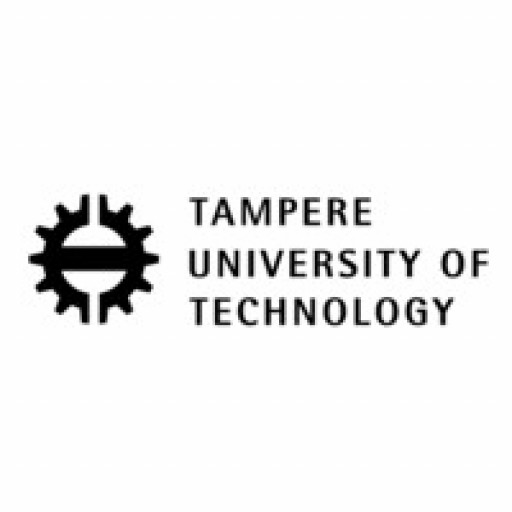Photos of university / #cambridgeuniversity
Ultra Precision Engineering at the University of Cambridge is a cutting-edge postgraduate program designed to equip students with advanced knowledge and practical skills in the development, design, and application of high-precision manufacturing processes and equipment. This multidisciplinary course integrates principles from mechanical engineering, materials science, and optical engineering to address the challenges of designing and operating ultra-precise systems used in various high-tech industries such as aerospace, electronics, biomedical devices, and photonics. The program emphasizes a thorough understanding of the science behind ultra-precision fabrication and metrology, enabling graduates to contribute to innovative solutions in sectors requiring nanoscale accuracy and reliability. Students will engage with state-of-the-art research facilities and laboratories, gaining hands-on experience in areas such as high-precision machining, laser tuning, optical fabrication, and surface finishing techniques. The curriculum combines theoretical coursework with practical projects, often in collaboration with leading industry partners and research institutions. This prepares graduates for careers in research and development, manufacturing, and technical consultancy, where they can lead developments in ultra-precision technology and processes. The program also offers opportunities for thesis research, allowing students to contribute to pioneering advancements in the field. Graduates will benefit from the University of Cambridge's international reputation for excellence in engineering and technological innovation, gaining a strong foundation for leadership roles in academia, industry, or entrepreneurship. The course fosters critical thinking, problem-solving skills, and a deep understanding of the latest tools and techniques used in ultra-precision engineering, ensuring students are well-equipped to meet future technological challenges.
The CDT is run in conjunction with the University of Cranfield, which teaches approximately half of the taught elements of the MRes course. Cranfield also takes in an MRes cohort, who will be taught alongside the Cambridge students.
Students are required to pass assessment for 5 taught modules (including the 'Technology and Innovation Management' module supplied by the Institute for Manufacturing), 8 laboratory exercises, and 2 project dissertations. Teaching is through a variety of media, combining to provide a rich and varied learning experience for CDT-UP graduates. Students will experience lectures, small group teaching, student-led and tutor-led seminars, field visits, guest speaker presentations and case studies, short block courses, and individual research.
Successful MRes students will then proceed to a three-year programme of supervised doctoral research, during which time they will continue to be supported by the CDT. They will maintain participation in CDT industrial visits, seminars, and the annual research conference
The numbers given below reflect the MRes year only.
| One to one supervision |
30 hours per year |
|---|---|
| Seminars & classes |
40 hours per year |
| Lectures |
130 hours per year |
| Practicals |
30 hours per year |
| Small group teaching |
24 hours per year |
| Journal clubs |
16 hours per year |
| Literature_reviews |
Students will undertake literature reviews as part of each of their projects; this is also an important element of the Advanced Manufacturing Technologies Reading Club. Students will spend approximately 48 hours/year engaged in this activity. |
| Posters |
After the end of the first project, students are required to make a thirty minute presentation to their supervisor, senior members of the CDT and (where relevant) company management. Fifteen minutes will be left for questions. |
Placements
Projects may take place in industrial laboratories. A programme of industrial visits is also provided.
Feedback
Students can expect to receive reports at least termly on the Cambridge Graduate Supervision Reporting System. They will receive comments on items of coursework, and will have access to a University supervisor for their dissertation. All students will also have personal access to the Course Director and the other staff delivering the course.
Assessment
Thesis
At the end of the second year of the degree (the first year of the PhD programme), students will be required to submit a report of 10,000 to 15,000.
The doctoral dissertation must be submitted by the end of the fourth year (the third year of the PhD programme) and must not exceed 65,000 words. A compulsory viva voce examination will follow the submission of the dissertation.
Essays
Four of the five modules are assessed by coursework. Additionally, all of the laboratory classes are assessed by reports written after the practical class.
All students are required to complete two projects, supporting the development of the research platforms of the Centre of Innovative Manufacturing in Ultra Precision. These are both assessed through project reports of up to 10,000 words, conceived of as 'handover documents', which could be given to another person or group to enable them to understand and build on the project. Students are also expected to produce a presentation at the end of the first project, and a compulsory viva voce examination will follow the submission of the report for the second project.
Written examination
During the MRes year, all students will take the Photonic Systems module, which is assessed through a single written examination lasting 1.5 hours.
- Magistr (Master's Degree) at Pass level. Diploma Specialista (completed post-1991) with a minimum overall grade of good or 4/5 Bachelor's from Moscow Institute of Physics and Technology and other prestigious institutions with an overall grade of 4/5 Bologna Bachelor's from other institutions with an overall grade of 5/5, Excellent
- Diploma Specialista (completed post-1991) with a minimum overall grade of Excellent or 5/5 Bachelor's from Moscow Institute of Physics and Technology and other prestigious institutions with an overall grade of 5/5
- IELTS (Academic) 7.0
- TOEFL Internet Score 100
- £50 application fee
- First Academic Reference
- Second Academic Reference
- Transcript
- Personal Reference
The financing studies for the Ultra Precision Engineering program at the University of Cambridge are primarily conducted through a combination of scholarships, bursaries, grants, student loans, and personal funding. The university offers a range of financial support options designed to assist both domestic and international students in covering tuition fees and living expenses. Scholarships such as the Gates Cambridge Scholarship, Cambridge Trust Scholarships, and departmental awards are available based on academic merit, financial need, or specific criteria related to the applicant’s background or research interests. Bursaries and help with living costs are sometimes provided by the university or external organizations to ensure students can focus fully on their studies without undue financial burden.
Students are encouraged to explore the College-based funding offers, as many colleges provide their own scholarships and bursaries, which are often renewable annually and may be awarded based on academic achievement or financial need. Additionally, government-sponsored student loans are available in the UK for eligible students, providing low-interest borrowing options that can be repaid after graduation. International students may also qualify for certain scholarships or financial aid packages designed specifically for their status.
The university has a dedicated financial aid team that provides guidance on applying for funding, deadlines, and eligibility criteria, ensuring students are aware of all available resources from the outset of their application process. Many students also seek external funding sources from private foundations or industry-sponsored scholarships related to engineering research. The overall approach emphasizes broad access to the program, aiming to support talented students regardless of their economic background. Since funding options can vary over time, prospective students are advised to consult the official university website and contacting the admissions office early to understand the most current financing opportunities and application procedures.
Ultra Precision Engineering at the University of Cambridge offers students an advanced and comprehensive exploration into the design, fabrication, and application of ultra-precision machinery and systems. This programme emphasizes the development of expertise in manufacturing processes that achieve nanometer-level accuracy, which is critical for industries such as aerospace, electronics, medical devices, and scientific instrumentation. Students gain a deep understanding of the principles underlying ultra-precision machining, optical fabrication, nanotechnology, and metrology. The curriculum combines theoretical foundations with practical laboratory experience, often involving state-of-the-art equipment and collaborations with industry partners.
The course is designed to prepare graduates for roles that demand cutting-edge precision engineering skills, including research and development, quality assurance, and manufacturing roles in high-tech sectors. Coursework includes advanced topics in materials science, surface engineering, precision measurement techniques, and control systems. Students also undertake individual or group projects that solve real-world engineering challenges associated with ultra-precision industries.
The programme benefits from the university's close connections with leading technological and industrial centers, enabling students to participate in internships and collaborative research initiatives. Graduates leave equipped with both the theoretical knowledge and practical competencies necessary to advance innovation and productivity in ultra-precision engineering fields. Additionally, the university fosters a multidisciplinary environment, encouraging integration of insights from physics, materials science, mechanical engineering, and electrical engineering, which enhances the problem-solving capabilities of its students.
Admissions typically require a strong academic background in engineering, physics, or related sciences, and applicants are evaluated based on their academic records, relevant experience, and motivation for pursuing ultra-precision engineering. The university also offers various resources such as specialized workshops, seminars, and access to cutting-edge laboratories to support student learning and research. Overall, this programme aims to produce highly skilled engineers capable of pushing the boundaries of manufacturing precision and contributing significantly to technological advancements worldwide.





